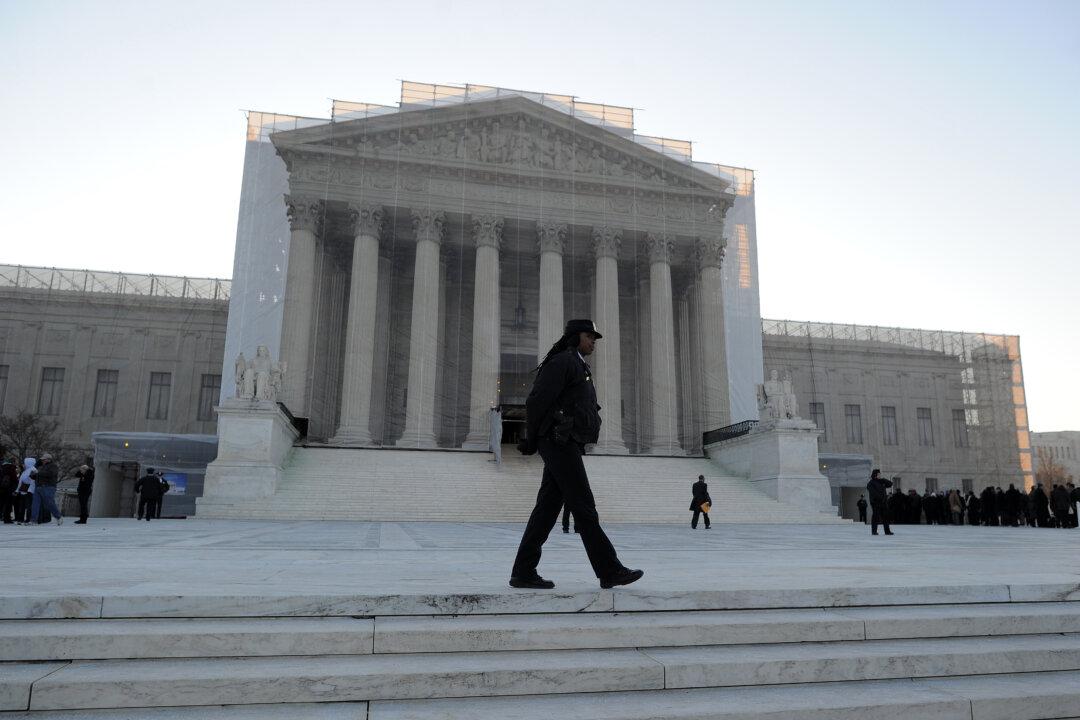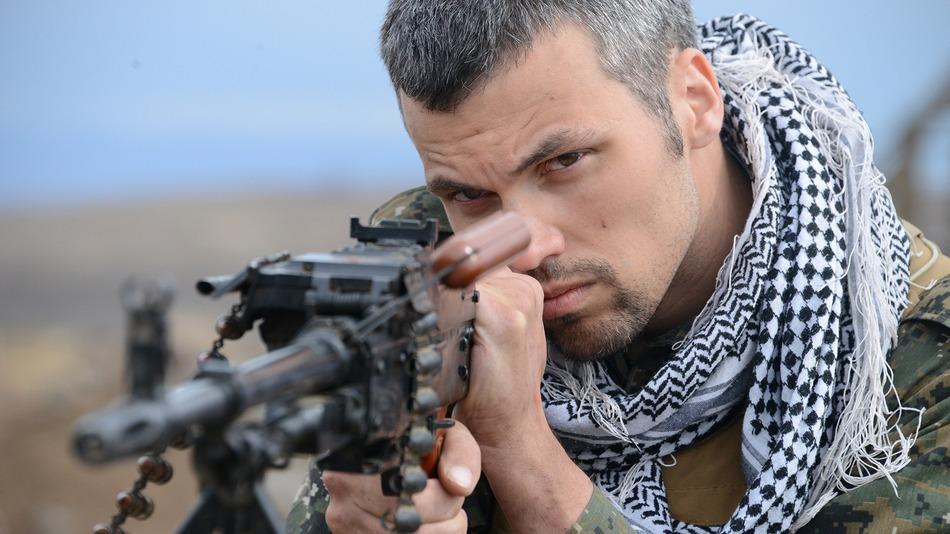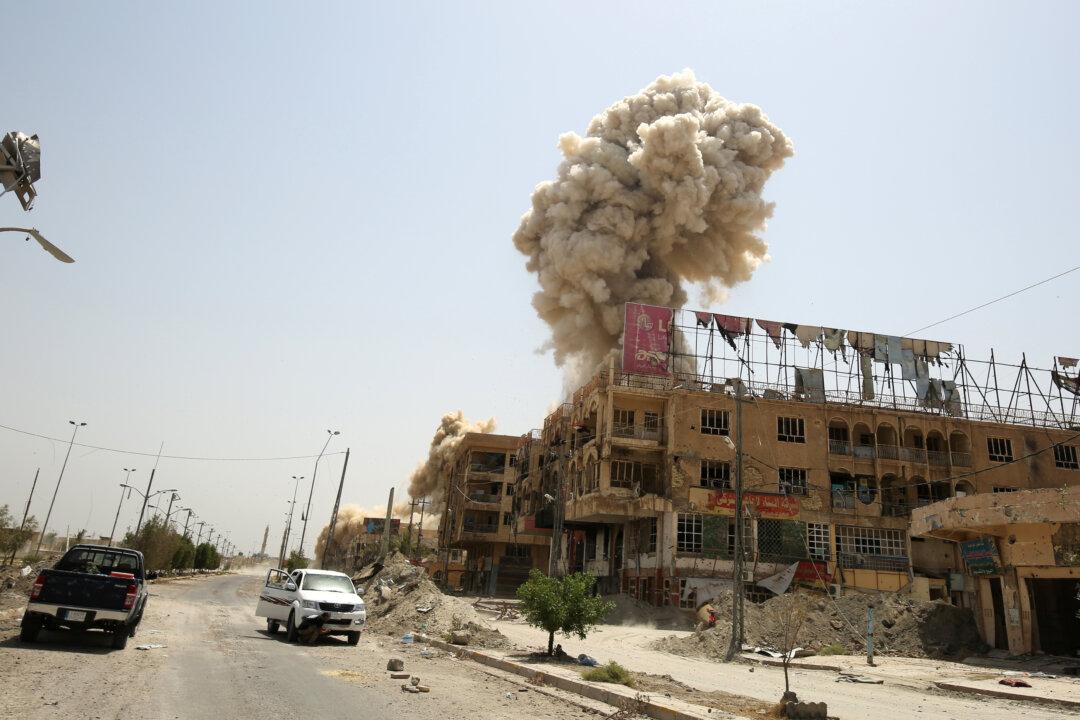NEW YORK—A decision by a judge to shut the public out of criminal trial proceedings has prompted a call to protect access to New York City courtrooms.
In an amicus brief filed by Washington, D.C.-based Reporters Committee for Freedom of the Press (RCFP), the press freedom organization asked the U.S. Supreme Court to review a case that challenges the routine closing of courtrooms in New York during testimony of undercover officers.
Twenty-six other media and news organizations have joined the amicus brief, including The Associated Press, The Daily Beast, National Public Radio, The National Press Club, and the National Press Photographers Association.
The most recent organization to sign on to the brief is the Society of Professional Journalists (SPJ), which has chapter organizations throughout the country. One of its strongest is the New York City chapter, the Deadline Club.
The brief states the court made no on-the-record determination regarding the need for closure. Such a determination has been deemed necessary in the past under certain conditions, and is consistent with case law, according to the brief.
“Judges [have to] really make their case if they want a secret court,” said David Cuillier, president of SPJ. “It’s a procedure for protecting democracy.”
In the case Johnson v. New York, the defendant allegedly sold drugs to an undercover officer. The media organizations are arguing the full scrutiny of such cases are in the public interest, and media presence for the full court case is important for monitoring how drug policies are carried out by law enforcement.
Scrutiny over the public access issue in New York City was exacerbated when a New York Supreme Court trial judge shut out the public and press during defendant Martin Johnson’s trial.
The New York Court of Appeals, a lower court, upheld the judge’s decision that no such on-the-record consideration was necessary.
Only Johnson’s family was allowed to be present for testimony of the undercover police officer, thus “leaving the testimony of the undercover drug officer completely removed from public scrutiny,” according to the brief.
The brief further states that those who have signed on to it have done so “in order to preserve important First Amendment rights of public access to criminal trials in New York.”
For SPJ, it added its name to the brief out of a very fundamental consideration for protecting the rights of the individual.
“It’s crucial that we have an open judiciary system where people aren’t railroaded through like some third-world nation,” said Cuillier.




